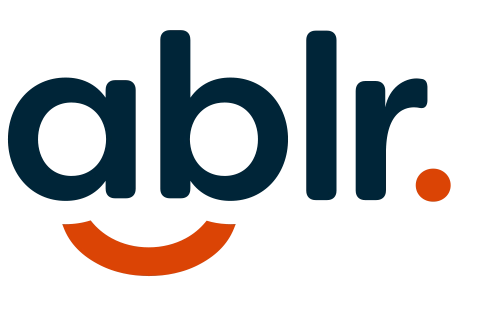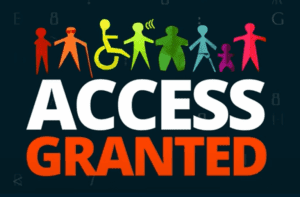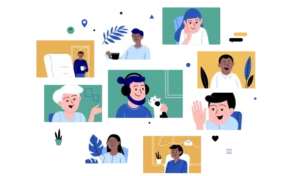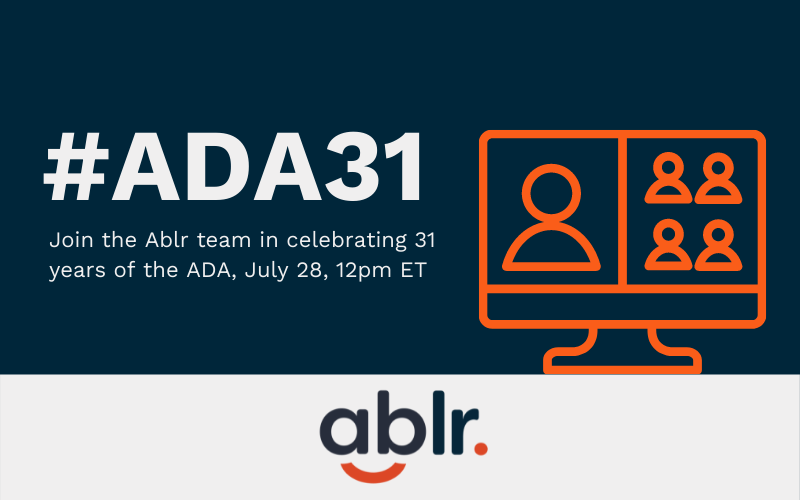Disability Works: How to Drive Inclusivity Post-COVID
A silver lining of the pandemic was that many companies were able to shift to a remote work environment, making it easier for jobs to be performed anywhere BUT the office. This served people with disabilities well as it eliminated struggles like transportation barriers. Now that businesses are looking to have employees come back to the office, consider this: Is your business ready to maintain an inclusive workplace for your employees with disabilities? While some needs might be obvious, more goes into creating an accessible workplace than you think. Learn about real-world case studies on workplace inclusion from our expert speakers on this critical, relevant topic.
An ASL interpreter and CART captioning will be provided during this event. For any additional accommodations, please email Sarah Clark
Event Time & Day
July 28, 2021 12:00 PM in Eastern Time (US and Canada)

Keynote Speaker
Hannah Olson
Co-Founder & CEO, Chronically Capable
Hannah Olson is the co-founder and CEO of Chronically Capable, a digital talent marketplace that connects jobseekers with chronic illness and disabilities to flexible job opportunities. Hannah’s own experience navigating her career while undergoing intensive treatment for Lyme disease sparked the idea for her company, which launched last spring in Washington DC. Hannah is known globally for her invisible disability advocacy and was recently named Top 100 Powerful Women of 2020 by Entrepreneur Magazine.
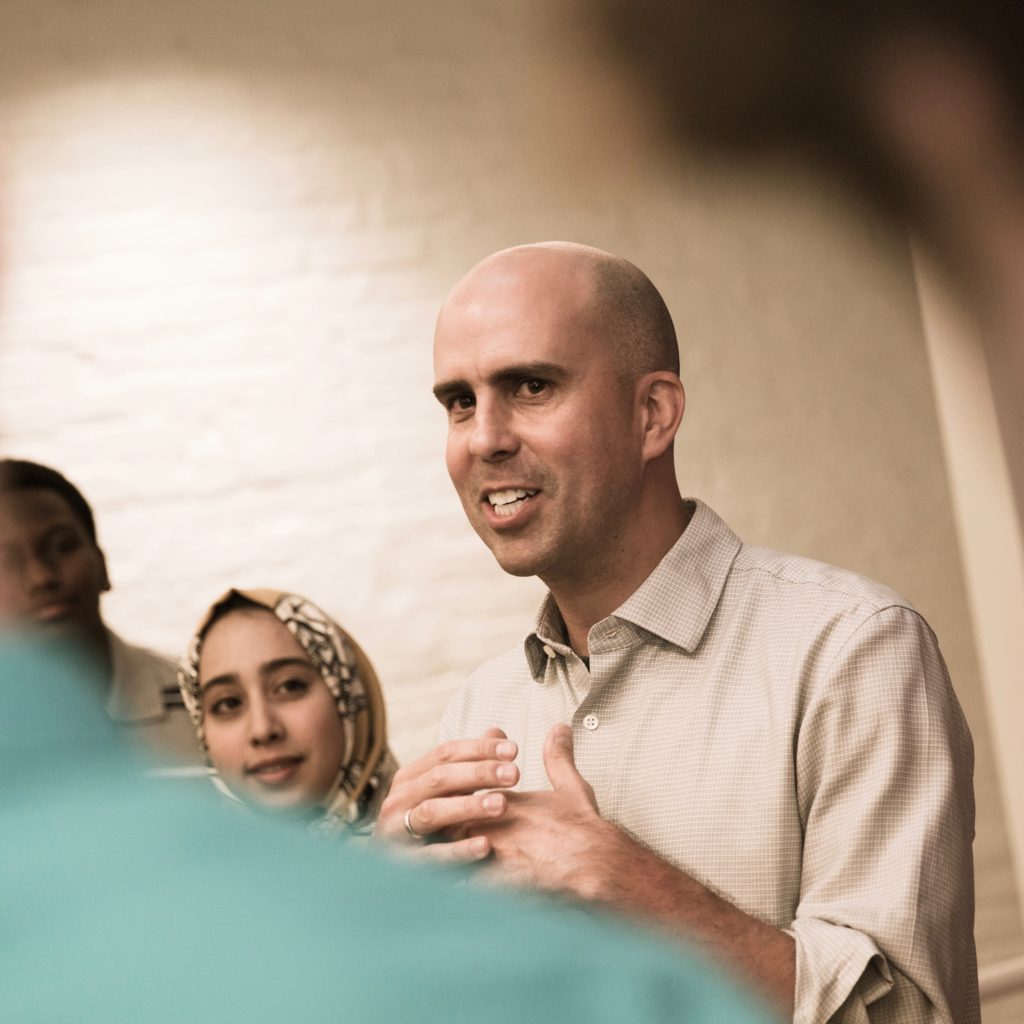
Moderator
Dan Gonzalez
Co-Founder, District C
Dan studied engineering at Dartmouth College before becoming a high school physics teacher. After teaching, Dan joined Manhattan Prep, a global leader in test preparation. He became president of the company in 2011 shortly after it was acquired by Kaplan. Over the next 4+ years, Dan led the company as its 185-member team achieved over 50% revenue growth and market leadership as the world’s largest GMAT test prep provider. After Manhattan Prep, Dan joined Kaplan Test Prep’s leadership team where he oversaw an operations division that worked to deliver education services at scale. Now, Dan co-leads District C, a North Carolina-based nonprofit that is preparing the next generation of diverse talent for modern work.

Panelists
Lindsay Wrege
Co-Founder & CEO, 321 Coffee
Lindsay Wrege is the co-founder and CEO of 321 Coffee, a coffee shop and roaster in Raleigh, NC that employs individuals with intellectual and developmental disabilities. Her inclusive staff, featuring people with down syndrome, autism, and other forms of neurodiversity, together are modeling inclusion for other companies to follow. She started this company in college, and it now employs over 20 adults with IDD. Lindsay believes in the power of using business for social impact.

Tim O’Brien
Research Economist, RTI
Timothy O’Brien is an economist in RTI’s Health Coverage for Low-Income and Uninsured Populations program. With an academic background in health economics, he provides analysis for several projects for the Centers for Medicare & Medicaid Services (CMS). His work focuses on supporting innovative payment and service delivery models. Currently, Mr. O’Brien leads the assignment team for the Medicare Shared Savings program, which creates incentives for Accountable Care Organizations to reduce the growth of costs while meeting quality standards. Mr. O’Brien also consults for the alignment team supporting the Center for Medicare & Medicaid Innovation’s (CMMI) Direct Contracting model. He has also worked on RTI’s evaluation of the Maryland All-Payer Model—a payment structure being tested for hospitals in Maryland—and on RTI’s evaluation of the State Innovations Model (SIM) Initiative. Mr. O’Brien joined RTI in 2013. Previously, he was a data analyst at AccessCare, a care management agency for the North Carolina Medicaid program. He has taught economics courses at Northeastern University, Lasell College, and Boston University.

Shannon Garner
Accessibility Analyst, Ablr
Shannon is one of Ablr’s certified accessibility analysts. She conducts accessibility tests on websites using a screen reader and documents how workflows and website conversions are made using assistive technology. She also assists in conducting accessibility audits, identifying and presenting current or potential ADA and WCAG violations.
